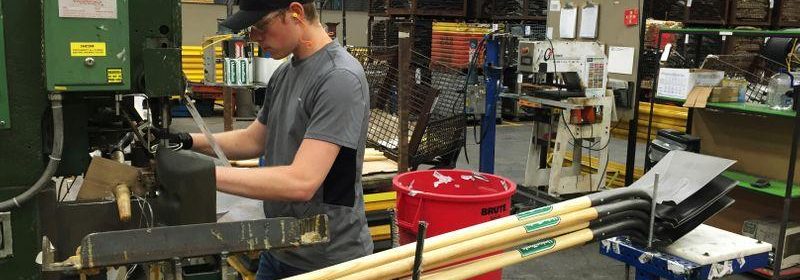U.S. factory orders surge, but business spending on equipment slowing

WASHINGTON (Reuters) – New orders for U.S.-made goods increased more than expected in January, pointing to a sustained recovery in manufacturing even as the pace of business spending on equipment is slowing.
The Commerce Department said on Thursday that factory orders shot up 2.6% after rising 1.6% in December. Economists polled by Reuters had forecast factory orders advancing 2.1% in January. Orders increased 1.3% on a year-on-year basis.
Manufacturing, which accounts for 11.9% of the U.S. economy, has been driven by strong demand for goods, like electronics and furniture as 23.2% of the labor force works from home because of the virus. Demand could, however, shift back to services in the summer as more Americans get vaccinated, and slow manufacturing activity from current levels.
A global semiconductor chip shortage, which on Wednesday forced General Motors Co to extend production cuts at its plant in Fairfax, Kansas, could slow momentum. But the outlook for manufacturing remains solid, with the Institute for Supply Management’s index of national factory activity rising to a three-year high in February.
Factory goods orders in January were boosted by strong demand for electrical equipment, appliances and components, as well as primary metals and fabricated metal products. But orders for machinery fell.
Unfilled orders at factories edged up 0.1% in January after decreasing 0.2% in December.
The Commerce Department also reported that orders for non-defense capital goods excluding aircraft, which are seen as a measure of business spending plans on equipment, increased 0.4% in January instead of 0.5% as reported last month.
Shipments of core capital goods, which are used to calculate business equipment spending in the GDP report, rose 1.8%. They were previously reported to have surged 2.1% in January.
Business spending on equipment increased robustly for a second straight quarter in the fourth quarter, contributing to the economy’s 4.1% annualized growth rate during that period.
Source: Read Full Article
